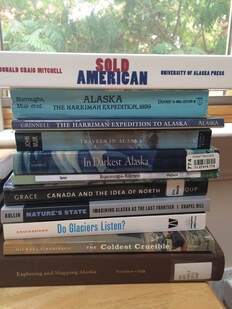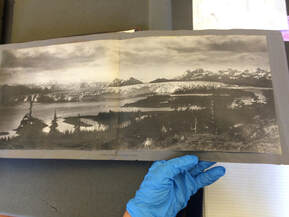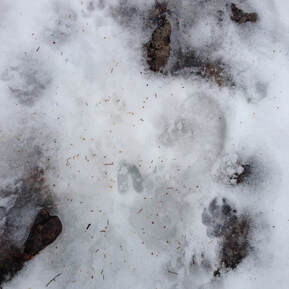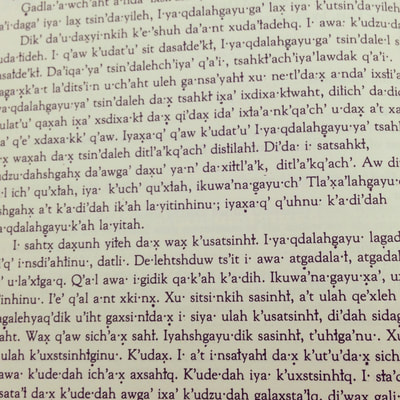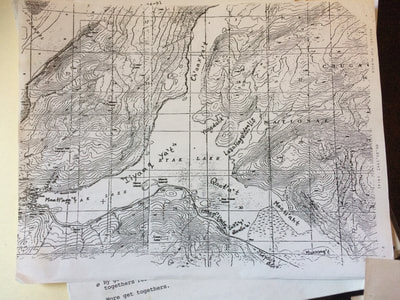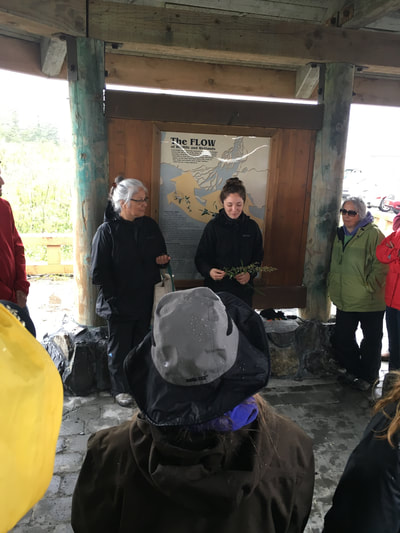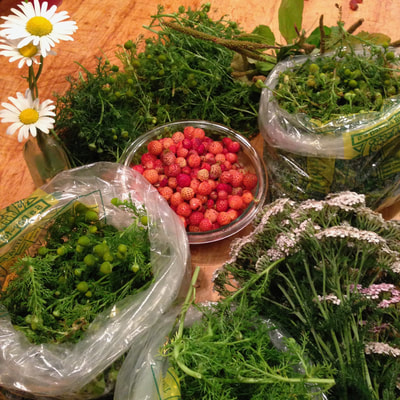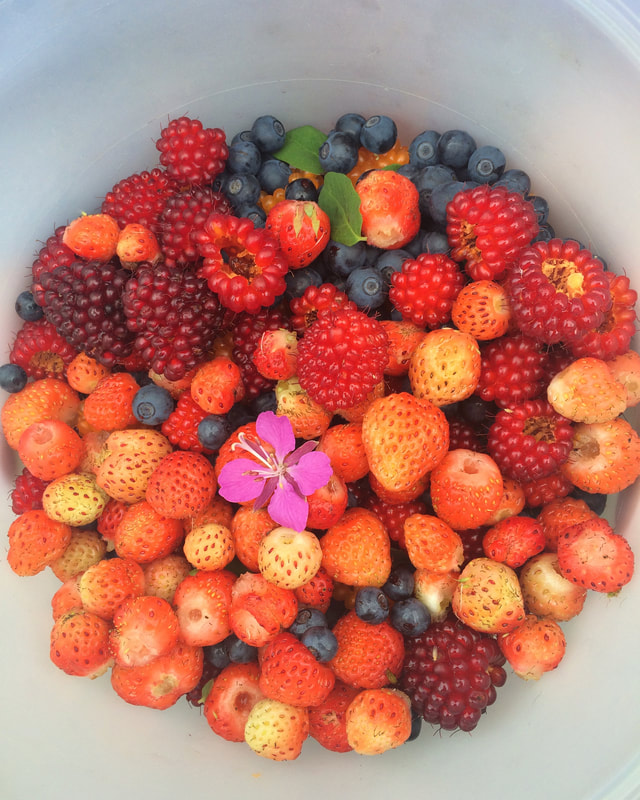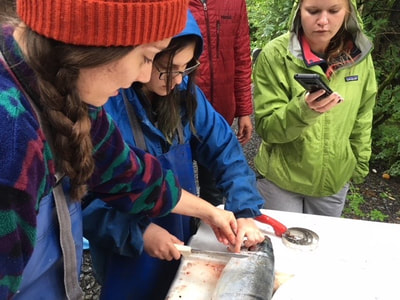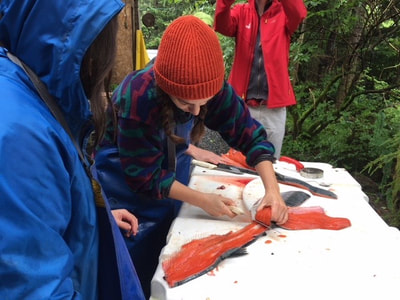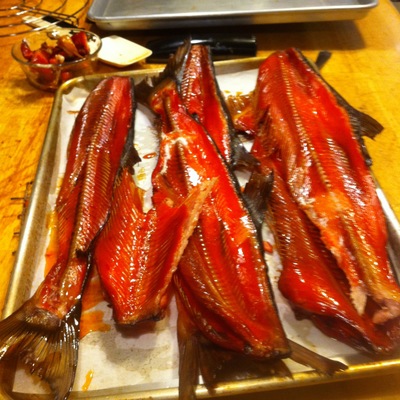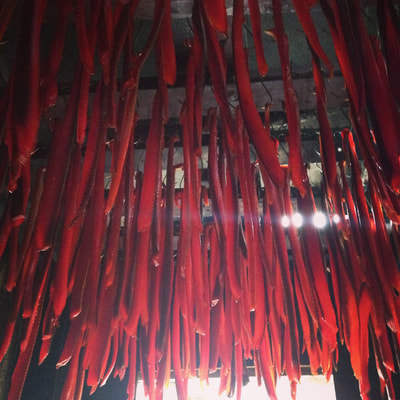Current Research
My book manuscript, Ice Geographies: The Colonial Politics of Race and Indigeneity in the Arctic, is forthcoming from Duke University Press in spring 2025. At the intersection of Native studies, cultural human geography, and environmental humanities, the book foregrounds an analysis of colonialism and ice in Alaska and the Arctic. Ice animates the look and feel of climate change. Ice is melting faster than ever before, causing social upheaval among Northern coastal communities, and melting ice will continue to disrupt a more southern, temperate world as sea levels rise. Economic, academic, and activist stakeholders are increasingly focused on the unsettling potential of ice as they plan for a future shaped by rapid climate change.
Yet, I argue that ice has always been at the center of making sense of the world. Ice as homeland is often at the heart of Arctic and sub-Arctic ontologies, cosmologies, and Native politics as ice troubles the foundational tenets of land claims processes because ice is juridically neither land nor water. Reflections on ice have also long been a constitutive element of Western political thought, but these reflections have privileged a pristine or empty “nature” stripped of power relations. My book centers ice to study race and indigeneity by investigating more-than-human relations as sites and sources of analysis that are integrally bound up with colonial and racial formations and resistance to those formations. My book asks, how is ice a racialized geography and imaginary, and how does it also exceed those frameworks?
Yet, I argue that ice has always been at the center of making sense of the world. Ice as homeland is often at the heart of Arctic and sub-Arctic ontologies, cosmologies, and Native politics as ice troubles the foundational tenets of land claims processes because ice is juridically neither land nor water. Reflections on ice have also long been a constitutive element of Western political thought, but these reflections have privileged a pristine or empty “nature” stripped of power relations. My book centers ice to study race and indigeneity by investigating more-than-human relations as sites and sources of analysis that are integrally bound up with colonial and racial formations and resistance to those formations. My book asks, how is ice a racialized geography and imaginary, and how does it also exceed those frameworks?
Community Research
My other projects are in conjunction with my home community. I am an enrolled member of the Native Village of Eyak, and a shareholder in the Chugach Alaska Corporation. I serve on the advisory council for the Eyak Cultural Foundation (ECF), a non-profit organization led by Eyak community members. ECF organizes annual language and cultural revitalization gatherings in our ancestral homelands in what is for now known as Cordova, Alaska. In partnership with Applied Archaeology International, ECF's current project is a mapping initiative to record Eyak place-names of our traditional territories. Through integrative GIS mapping we connect our place-names to digitally recorded oral stories, traditional ecological knowledges, and archival materials as learning documents for Eyak language learners.
